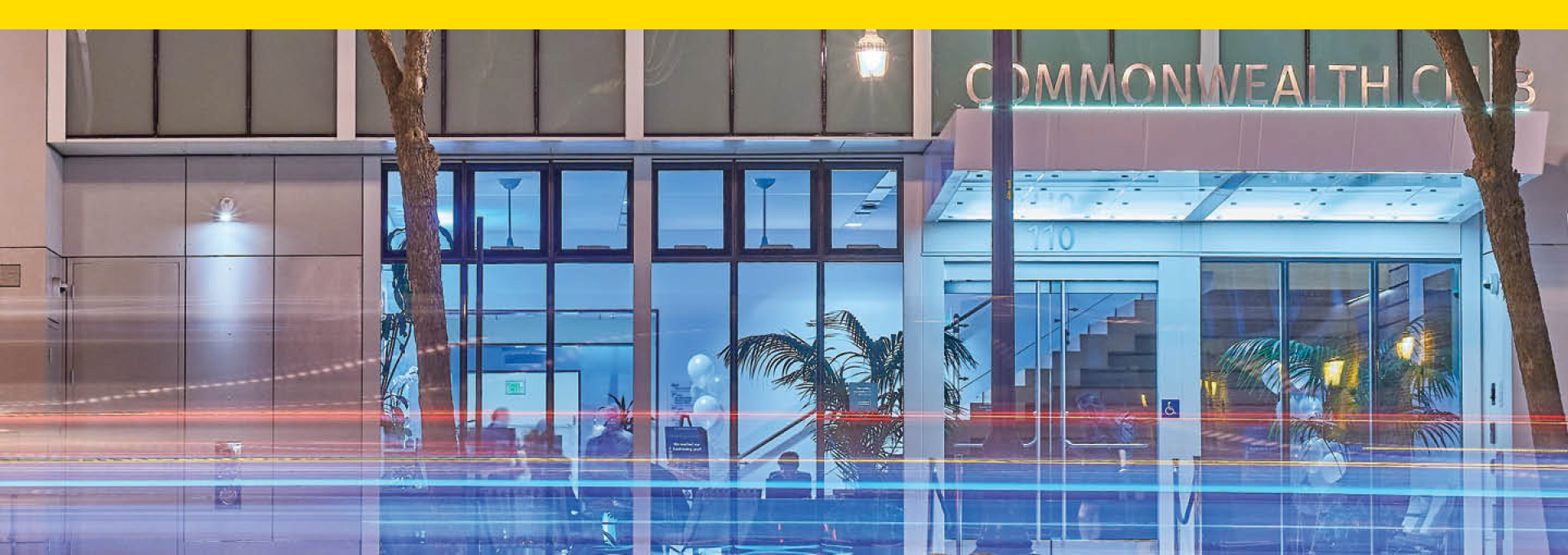
Climate Game Changer: How San Francisco's Compost Could Heal the Planet
In 2000, San Francisco became the first major city in the United States to offer curbside collection of food scraps and yard trimmings. Today, the city collects nearly 700 tons of compostable material daily, giving these materials a second life as high-value, commercial-grade compost. Compost is sold to vineyards, farms and rangelands in California, creating a circular economy with big benefits. The biggest benefit, perhaps, is the recent discovery that compost applied to California rangelands and orchards is helping to pull carbon out of the atmosphere. Yet food waste, a primary feedstock for compost, continues to be the single biggest occupant of landfills in America and is a significant contributor to harmful methane emissions—a pollutant 28 times more toxic than carbon dioxide. Join us for a discussion about how, if scaled, zero waste efforts such as composting and food waste prevention could reverse climate change and help heal the planet.
MLF: Environment & Natural Resources
The Commonwealth Club
110 The Embarcadero
San Francisco, 94105
United States

Robert Haley
Zero Waste Program Manager, San Francisco Department of Environment

John Wick
Rancher; Co-Founder, Marin Carbon Project; Venture Philanthropist

Dana Gunders
Senior Scientist, Food and Agriculture Program at the Natural Resources Defense Council

Debbie Raphael
Director, San Francisco Department of Environment

